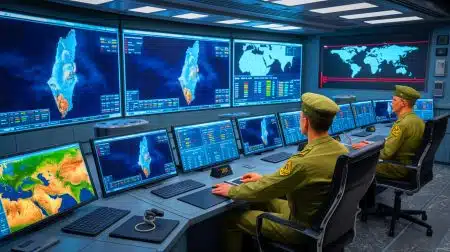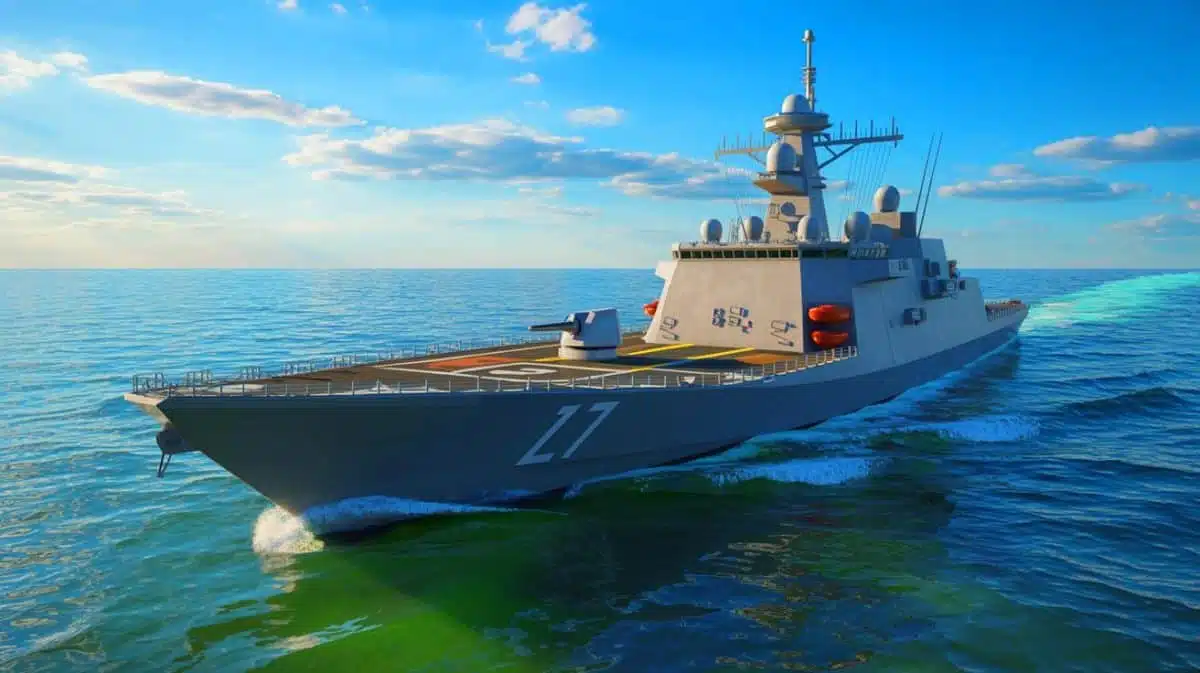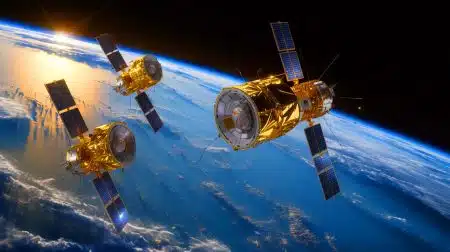| IN A NUTSHELL |
|
The Australian Navy’s recent trials of quantum navigation technology mark a significant breakthrough in maritime navigation, independent of GPS. Collaborating with Q-CTRL, a leader in quantum technology, the Navy successfully tested this new system aboard the MV Sycamore. This advancement represents a pivotal moment in defense applications, offering a reliable alternative to conventional navigation systems, especially in scenarios where GPS is unavailable or compromised. The implications of this technology extend beyond military use, promising enhanced accuracy and security in various sectors.
Problems with the Unavailability of GPS
The unavailability of GPS can lead to significant disruptions, with short-term outages valued at over one billion US dollars per day in the United States alone. Recent events have demonstrated the vulnerability of commercial aviation and maritime trade to GPS disruptions, emphasizing the urgent need for reliable alternatives. The trials conducted by Q-CTRL involved deploying a quantum dual gravimeter, a sophisticated device designed to measure subtle variations in Earth’s gravity. This technology operates effectively even when GPS signals are unavailable or compromised.
During the trials, the system functioned continuously for 144 hours, gathering data without human intervention during real maritime operations. The success of these trials highlights the potential of Q-CTRL’s gravimetric navigation technology to provide quantum-assured navigation for maritime vessels, especially in areas where traditional magnetic navigation proves less effective.
Navigating the Challenge of GPS Denial
GPS denial poses a substantial challenge in both defense and commercial contexts, causing significant disruptions to civilian and military operations. The advent of quantum navigation offers a promising solution—a reliable backup system that cannot be intercepted or spoofed. Recent incidents in the Middle East waterways, where spoofed signals have caused navigation issues for ships, underscore the need for such technology.
Jean-Francois Bobier from the Boston Consulting Group estimates that the quantum sensing market could reach $3 to $5 billion by 2030. He emphasizes the critical role of quantum sensors in ensuring navigational safety, especially in scenarios of GPS denial. These field-validated sensors are becoming increasingly important as technology advances and threats evolve.
How Gravimetric Navigation Works
The quantum gravimeter employed by Q-CTRL continuously monitors the invisible variations in Earth’s gravity, akin to observing hills and valleys. This allows the navigation system to compare its readings against known gravity maps, functioning much like orienteering. By identifying landmarks such as valleys, mountains, or rivers, the system determines its position without relying on GPS, making it a robust alternative in contested regions.
Q-CTRL’s collaboration with the Royal Australian Navy marked a departure from traditional trials. The sensor was required to perform independently, without additional support, just as it would in a real defense mission. Developed and deployed in just fourteen months, the dual gravimeter was installed in a strap-down configuration within a server rack aboard the MV Sycamore, showcasing its practical application in challenging environments.
Insights from the Trial
During the trials, the ship’s motion and engine vibrations initially caused a total loss of signal when using conventional research techniques. However, Q-CTRL’s software-ruggedization strategies effectively recovered operations, even as the MV Sycamore was underway. This achievement enabled the team to surpass international competitors exploring similar technologies.
Unlike traditional GPS alternatives, quantum sensing leverages fundamental physics to detect minute signals with long-term stability. Q-CTRL’s software ensures the reliability of these sensors in real-world conditions, extending their applicability beyond controlled laboratory settings.
The trials conducted by the Australian Navy and Q-CTRL represent a remarkable advancement in navigation technology, offering a viable alternative to GPS in both defense and commercial applications. As quantum navigation continues to evolve, it prompts us to consider: How will this technology reshape the future of navigation and security on a global scale?
Did you like it? 4.7/5 (24)









Incredible advancement! How soon can we expect this tech to be implemented on all naval ships? 🌊
Wow, that’s some sci-fi stuff right there! 🚀
How does this system compare in terms of cost to traditional GPS systems?
Great innovation from Australia! Can this tech be used in commercial aviation too? ✈️
Sounds promising, but isn’t quantum tech still quite experimental? 🤔
Thank you for sharing this breakthrough! It’s exciting to see new tech in naval navigation.
Will this mean the end of GPS usage in military applications?
I’m skeptical. What happens if the quantum system itself gets spoofed or hacked?
Q-CTRL definitely sounds like a company to watch in the coming years! 👀